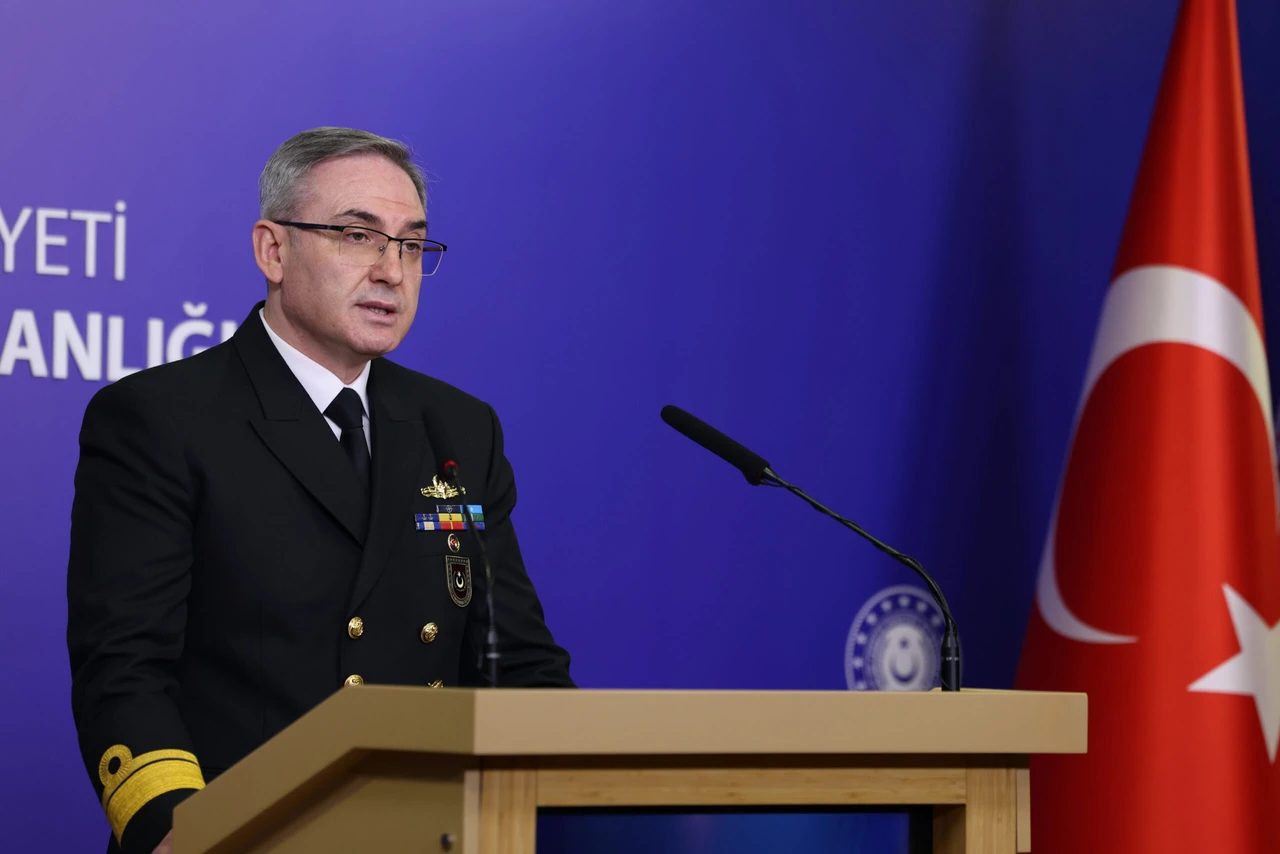US warns Syria’s HTS group against unilateral rule, calls for inclusive transition
 The leader of Syria's Hayat Tahrir al-Sham (HTS) group Abu Mohammed al-Jolani, arrives inside the Syrian capital's landmark Umayyad Mosque to address a crowd gathered there on December 8, 2024. (AFP Photo)
The leader of Syria's Hayat Tahrir al-Sham (HTS) group Abu Mohammed al-Jolani, arrives inside the Syrian capital's landmark Umayyad Mosque to address a crowd gathered there on December 8, 2024. (AFP Photo)
The Biden administration has called on Hayat Tahrir al-Sham (HTS), a group that contributed to the ouster of former dictator Bashar al-Assad alongside the Syrian National Army (SNA), to avoid claiming automatic leadership and instead facilitate an inclusive transition to establish a new government, according to U.S. officials and a congressional aide.
Key developments
- US messaging: Washington has sent guidance, with input from Middle East allies like Türkiye, emphasizing the need for a representative government in Syria. Direct or intermediary channels are being used for communication.
- Coordination with transition: The Biden administration opposes HTS assuming control without formal mechanisms reflecting the Syrian people’s will. Secretary of State Antony Blinken reiterated the necessity for a non-sectarian, credible governing body.


HTS background
- Terror designation: The U.S. designated HTS leader Abu Mohammed al-Jolani, a terrorist in 2013, linking him to extremist activities during his tenure with the Nusra Front, HTS’s predecessor.
- Uncertainty about intentions: Officials remain unclear on Jolani’s role in Syria’s future or whether his current stance aligns with past extremist ideologies.
Sanctions, reconstruction
- Potential sanctions review: Lawmakers are debating the possibility of lifting some sanctions on Syria, including those targeting HTS, if the group aligns with U.S. demands for inclusivity.
- Economic rebuilding: Some in Congress argue that easing sanctions could help connect a transitional government to the global economy and enable reconstruction.
Ongoing US operations
- Counter-Daesh efforts: U.S. military operations will continue in northeastern Syria to prevent Daesh resurgence.
- Iranian influence: Efforts are ongoing to block Iranian-backed proxies from exploiting the power vacuum.
The U.S. remains engaged with both HTS and other factions to guide Syria’s tumultuous transition and uphold regional stability.



